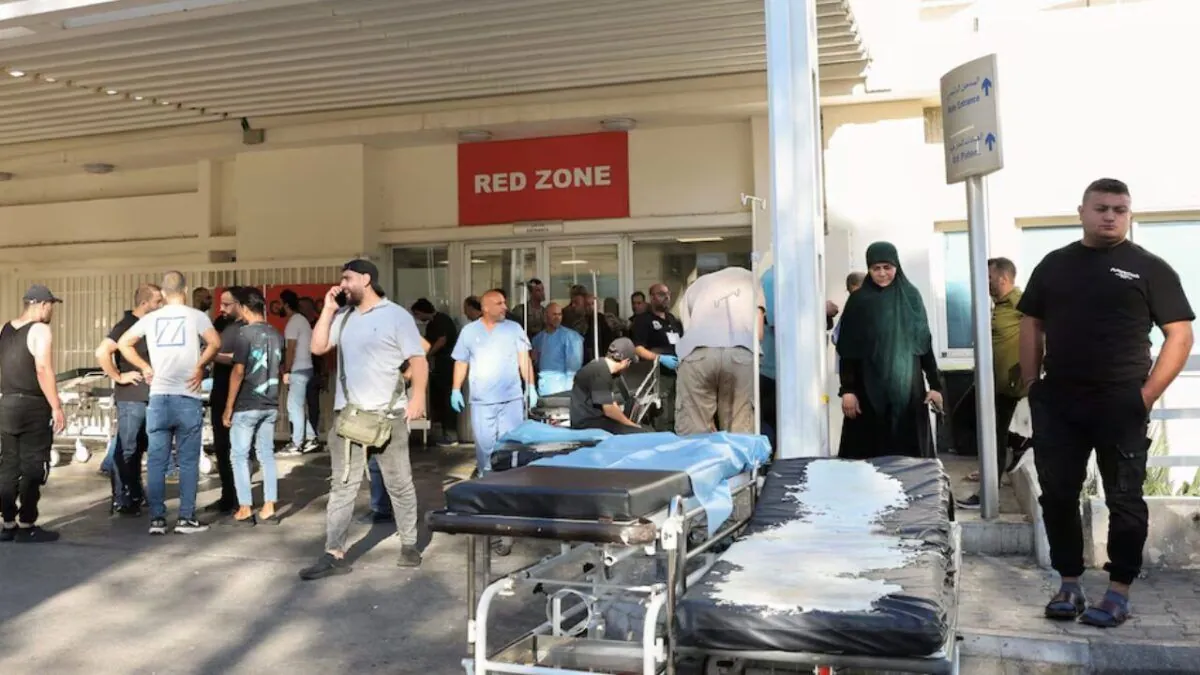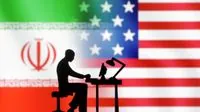Suspected Israeli Attack on Hezbollah Using Exploding Pagers Escalates Tensions
A series of pager explosions targeting Hezbollah members in Lebanon and Syria has resulted in numerous casualties. The incident, blamed on Israel, raises concerns about potential regional escalation.

In a startling development, a series of pager explosions targeting members of Hezbollah has resulted in significant casualties and heightened tensions in the region. The incident, which occurred on September 17, 2024, has been attributed to Israel by Hezbollah and Lebanese officials.
The attack, utilizing booby-trapped pagers, resulted in 11 fatalities and approximately 4,000 injuries, with 400 individuals in critical condition. Among the injured was Iran's ambassador to Beirut, highlighting the potential for broader regional implications.
Hezbollah, a Shia Islamist political party and militant group founded in 1985, has a complex history of conflict with Israel. The organization, which maintains a strong presence in southern Lebanon, has been involved in multiple confrontations with Israel, including the 2006 Lebanon War.
The pager explosions occurred simultaneously across various locations, including the Dahiya neighborhood in Beirut, a Hezbollah stronghold, and the eastern Bekaa Valley. This widespread attack represents what Hezbollah described as its most significant security breach since the outbreak of cross-border fighting following the October 7, 2022, attack on Israel by Hamas, Hezbollah's Palestinian ally.

The technical aspects of the attack suggest a sophisticated operation. Experts believe the pagers, part of a recent shipment received by Hezbollah, were likely intercepted and modified in a "supply chain attack." The devices were reportedly programmed to detonate upon receiving a specific text message.
Benjamin Netanyahu, Israel's Prime Minister, had recently announced an expansion of Israel's objectives in the ongoing conflict, including the return of Israeli residents to areas near the Lebanese border. This shift in strategy, coupled with the pager attacks, has raised concerns about a potential full-scale war between Israel and Hezbollah.
The international community has responded with calls for restraint. The United States urged Iran not to escalate tensions further, while denying any involvement or prior knowledge of the incident. The United Nations expressed serious concern about the developments, particularly given the already volatile situation in the Middle East.
Hezbollah, which receives significant support from Iran and operates a network of social services in Lebanon, has vowed retaliation for the attack. The group's response and Israel's next moves will be crucial in determining whether the region will see further escalation or a return to relative stability.
As tensions rise, the incident underscores the complex dynamics of the region, where Hezbollah's influence extends beyond military capabilities to include political participation and social services. The organization's relationship with the Lebanese government and its impact on the country's politics add layers of complexity to any potential conflict resolution.
"Israel will certainly receive its just punishment for this sinful aggression."
The coming days will be critical in determining whether diplomatic efforts can prevail or if the region will face a new phase of conflict. The international community remains on high alert, hoping to prevent further escalation in an already fragile Middle East.


































